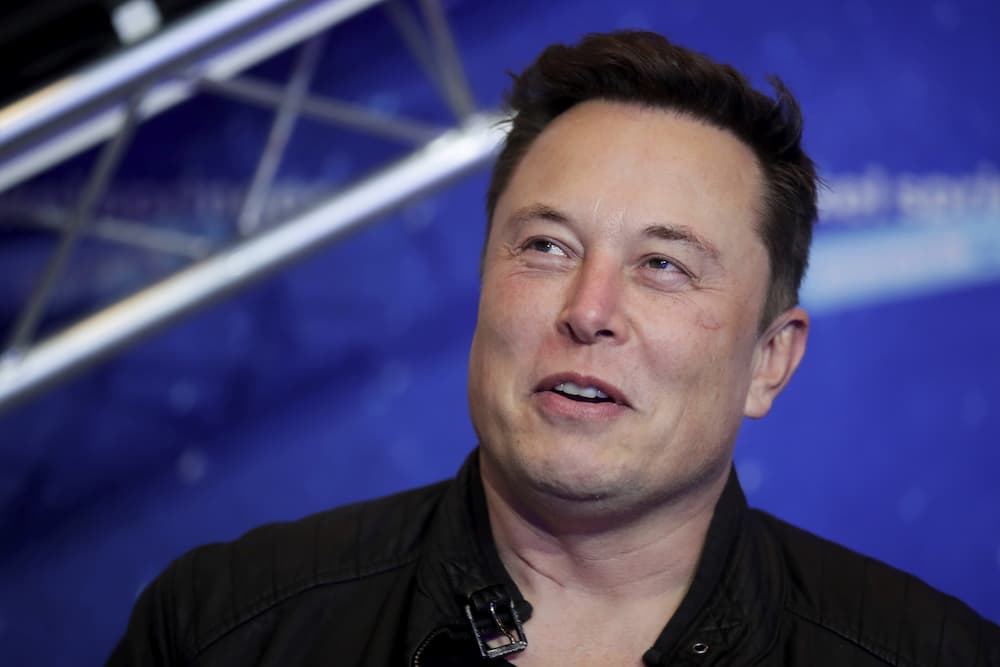Elon Musk has clinched a deal to buy Twitter for $US44 billion ($A61 billion) cash in a transaction that will shift control of the social media platform populated by millions of users and global leaders to the world’s richest person.
It is a seminal moment for the 16-year-old company, which emerged as one of the world’s most influential public squares and now faces a string of challenges.
Musk has criticised Twitter’s moderation, calling himself a free-speech absolutist, said that Twitter’s algorithm for prioritising tweets should be public, and has criticised giving too much power on the service to corporations that advertise.
Political activists expect that a Musk regime will mean less moderation and reinstatement of banned individuals including former president Donald Trump.
Conservatives cheered the prospect of fewer controls while some human rights activists voiced fears of a rise in hate speech.
Musk himself has described user-friendly tweaks to the service, such as an edit button and defeating “spam bots” that send overwhelming amounts of unwanted tweets.
Discussions over the deal accelerated at the weekend after Musk wooed Twitter shareholders with financing details of his offer.
Under pressure, Twitter started negotiating with Musk to buy the company at his proposed $US54.20 per share price.
“Free speech is the bedrock of a functioning democracy, and Twitter is the digital town square where matters vital to the future of humanity are debated,” Musk said in a statement.
Twitter shares rose 5.7 per cent on Monday to close at $US51.70. The deal represents a near 40 per cent premium to the closing price the day before Musk disclosed he had bought a more than nine per cent stake.
Even so, the offer is well below the $US70 range where Twitter was trading last year.
Musk’s move continues a tradition of billionaires’ buying control of influential media platforms, including Jeff Bezos’ 2013 acquisition of the Washington Post.
Twitter said Musk secured $US25.5 billion of debt and margin loan financing and is providing a $US21 billion equity commitment.
Musk, who is worth $US268 billion, according to Forbes, has said he is not primarily concerned with the economics of Twitter, but with having a public platform that is “maximally trusted and broadly inclusive”, which is “extremely important to the future of civilisation”.
Musk is chief executive of electric car maker Tesla and aerospace company SpaceX, and it is not clear how he much time he will devote to Twitter or what he will do.
“Once the deal closes, we don’t know which direction the platform will go,” Twitter’s chief executive, Parag Agrawal, told employees on Monday.
Musk’s 84 million-strong Twitter account is seen as an important, free public relations and marketing tool for Tesla.
The Twitter transaction was approved by the company’s board and is subject to a shareholder vote. No regulatory hurdles were expected, analysts said.
Daniel Ives, an analyst at Wedbush, said the company’s board had its back “against the wall” once Musk detailed his financing package and no other bidders emerged.
Although it is only about a 10th of the size of social media platforms such as Facebook, Twitter has been credited with helping spawn the Arab Spring uprising and accused of playing a role in the January 6, 2021, storming of the US Capitol.
After Twitter banned Trump over concerns around incitement of violence following the US Capitol attack by his supporters, Musk tweeted: “A lot of people are going to be super unhappy with West Coast high tech as the de facto arbiter of free speech.”
The White House declined to comment on Musk’s deal, but said President Joe Biden had long been concerned about the power of social media platforms to spread misinformation.



